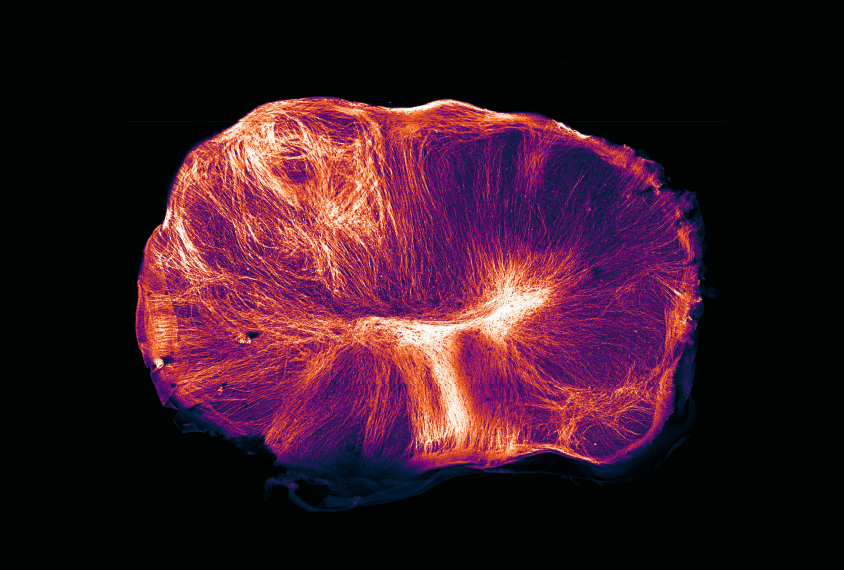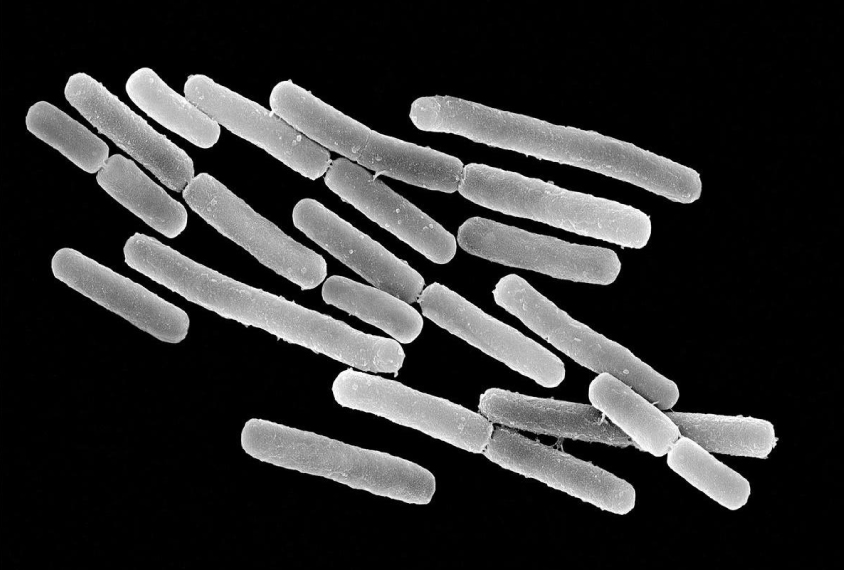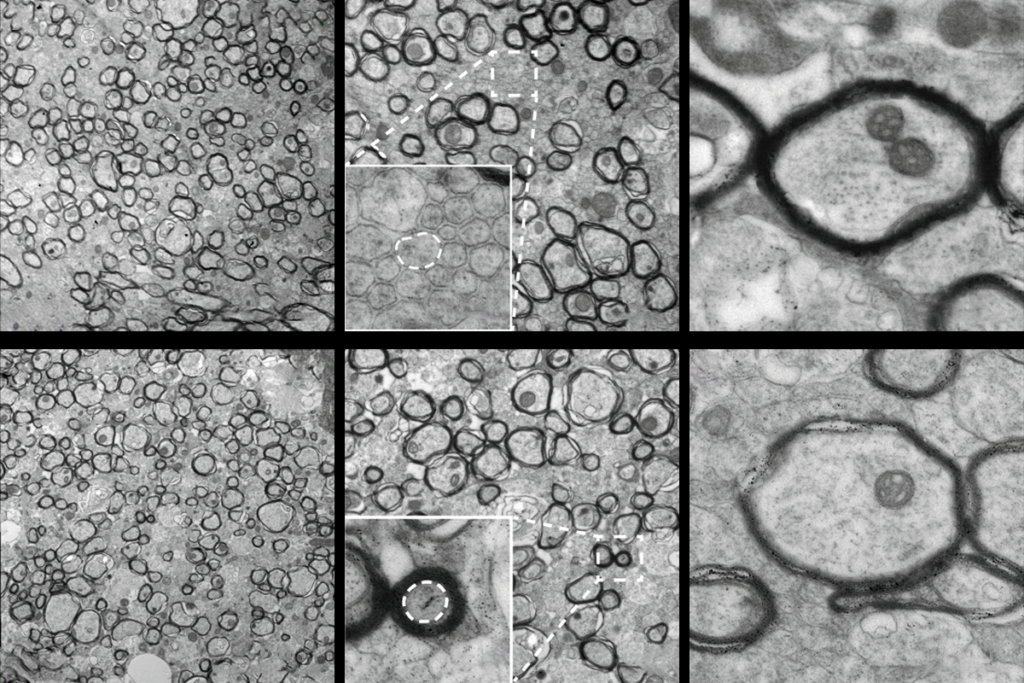Shweta Karikehalli is an environmental and science journalist based in New York City. Prior to joining _Spectrum_, Shweta was an editorial fellow at _Audubon_ magazine and worked for the _Daily Orange_, Syracuse University’s award-winning independent newspaper, as a copy editor and reporter. She has an M.A. in magazine, newspaper and online journalism from the S.I. Newhouse School of Public Communications and a B.S. in conservation biology from the SUNY College of Environmental Science and Forestry.

Shweta Karikehalli
From this contributor
‘Zombie’ pig brains fire hours after death
A new method restores blood flow and some functions in pig brains four hours after the animals have died.
New method creates complex, long-lived brain ‘organoids’
A new method for growing brain organoids allows them to survive for up to a year — more than four times as long as is possible with other methods.

New method creates complex, long-lived brain ‘organoids’
Mighty magnet promises to render human brain in intricate detail
A new magnetic resonance imaging machine has the power to reveal the brain’s structure and activity at unprecedented resolution.

Mighty magnet promises to render human brain in intricate detail
Genome catalog bolsters global microbiome research
The largest-yet attempt to characterize the global diversity of the human microbiome — the population of microbes that live in our bodies — has found 4,930 species, 77 percent of which were previously unknown.

Genome catalog bolsters global microbiome research
Explore more from The Transmitter
Microglia implicated in infantile amnesia
The glial cells could explain the link between maternal immune activation and autism-like behaviors in mice, but methodological challenges prompt questions about the new evidence.

Microglia implicated in infantile amnesia
The glial cells could explain the link between maternal immune activation and autism-like behaviors in mice, but methodological challenges prompt questions about the new evidence.
Oligodendrocytes need mechanical cues to myelinate axons correctly
Without the mechanosensor TMEM63A, the cells cannot deposit the appropriate amount of insulation, according to a new study.

Oligodendrocytes need mechanical cues to myelinate axons correctly
Without the mechanosensor TMEM63A, the cells cannot deposit the appropriate amount of insulation, according to a new study.
Modern AI is simply no match for the complexity likely required for harboring consciousness, says Jaan Aru
He argues that our brain’s computations are of a completely different nature than any artificial intelligence because they take place across many spatial and temporal scales and are inextricably entwined with biological materials.
Modern AI is simply no match for the complexity likely required for harboring consciousness, says Jaan Aru
He argues that our brain’s computations are of a completely different nature than any artificial intelligence because they take place across many spatial and temporal scales and are inextricably entwined with biological materials.
